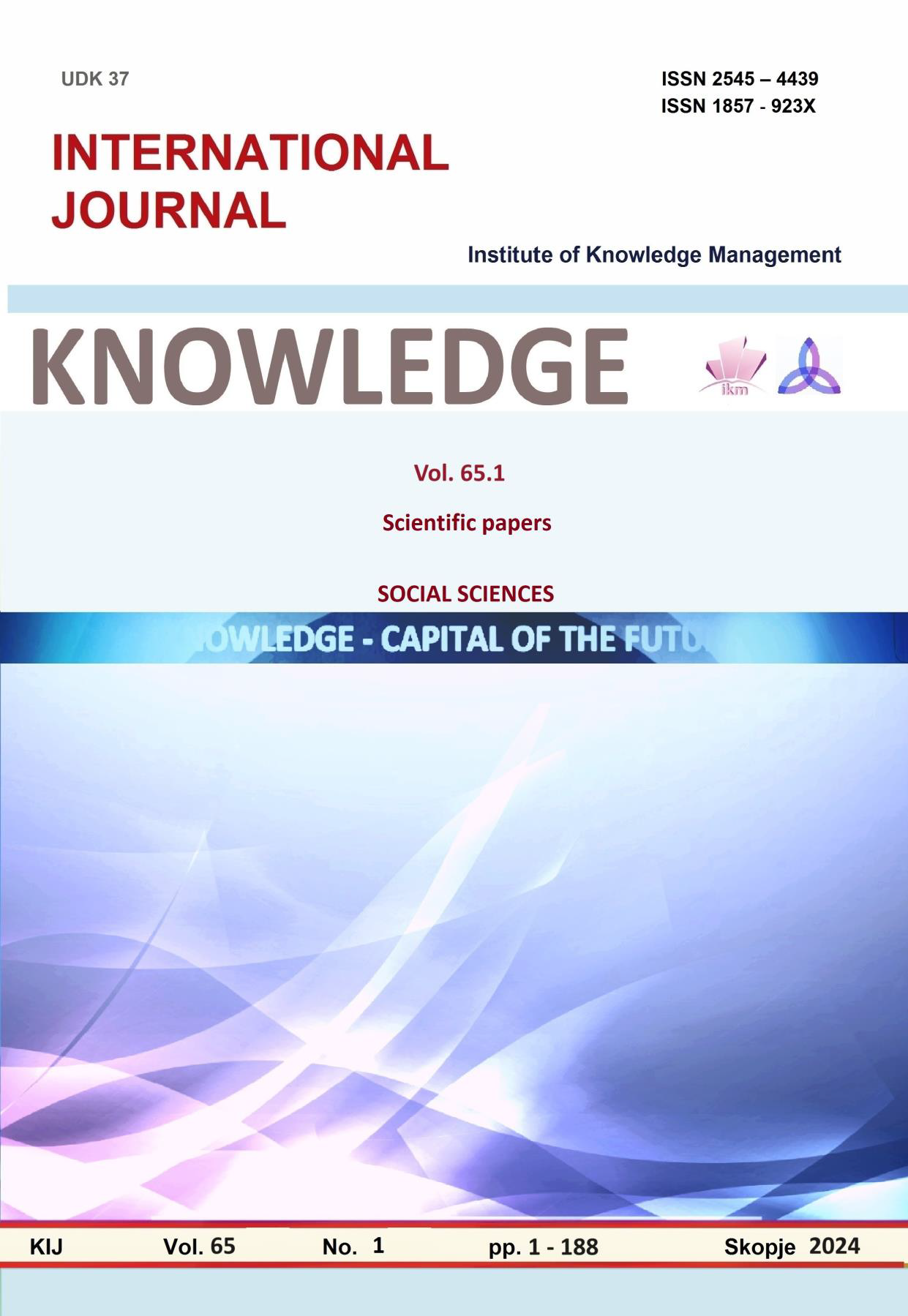БЪЛГАРСКА АДАПТАЦИЯ НА ВЪПРОСНИКА ЗА КОПИНГ СТРАТЕГИИ BEFO26 ЧРЕЗ ТЕОРИЯТА ЗА АЙТЕМНИЯ ОТГОВОР
BULGARIAN ADAPTATION OF THE BEFO26 COPYING STRATEGIES QUESTIONNAIRE THROUGH THE ITEM RESPONSE THEORY
Author(s): Stanislava Stoyanova, Silviya Miteva, Maria Damyanova-AndreevaSubject(s): Social Sciences, Psychology, Sociology
Published by: Scientific Institute of Management and Knowledge
Keywords: item analysis;copings;item response theory
Summary/Abstract: Offering a toolkit for exploring coping strategies to deal with stress and difficulties is an important source of self-knowledge and knowledge about others. The Berne Coping Forms (BEFO) questionnaire for examining coping strategies, created by Heim, Augustiny, Blaser, and Schaffner (1991), has an original version with 26 items, which we adapt in the present study. Ten items refer to cognitive coping. Eight items describe emotional coping. Also, eight items describe behavioral coping. In each group of coping strategies—cognitive, emotional, or behavioral—the participant chooses only one coping strategy—the one he or she prefers to use habitually to cope with stress and difficulties. These three types of coping, in turn, can also be adaptive, relatively adaptive, or maladaptive. The participants in the study were 688 adults aged 18 to 75 years old, with an average age of about 34 years old. The participants were students or workers with different specialties and professions. The results were processed using jMetrik software. A one-parameter Rasch model was applied to establish the difficulty of the items. The reliability and validity of the sub-scales of the questionnaire were established according to the item response theory. The results allow us to conclude that the questionnaire is a suitable psychological tool for diagnosing different types of coping (both individual types of coping strategies and grouped into cognitive, emotional, behavioral, adaptive, relatively adaptive, and maladaptive coping), which can be used in practice for different social groups to assess coping over different periods of time and in different situations. The establishment of the good psychometric properties of the BEFO26 questionnaire allows the enrichment of psychological practice in Bulgaria with an additional instrument for the study of coping strategies. The use of the item response theory to verify the psychometric characteristics of the questionnaire allows to overcome some limitations of the classical test theory related to the establishment of a factor structure of a questionnaire in which, according to the design of its authors, each item examines separate, different, and independent types of coping strategies.
Journal: Knowledge - International Journal
- Issue Year: 65/2024
- Issue No: 1
- Page Range: 177-182
- Page Count: 6
- Language: Bulgarian

